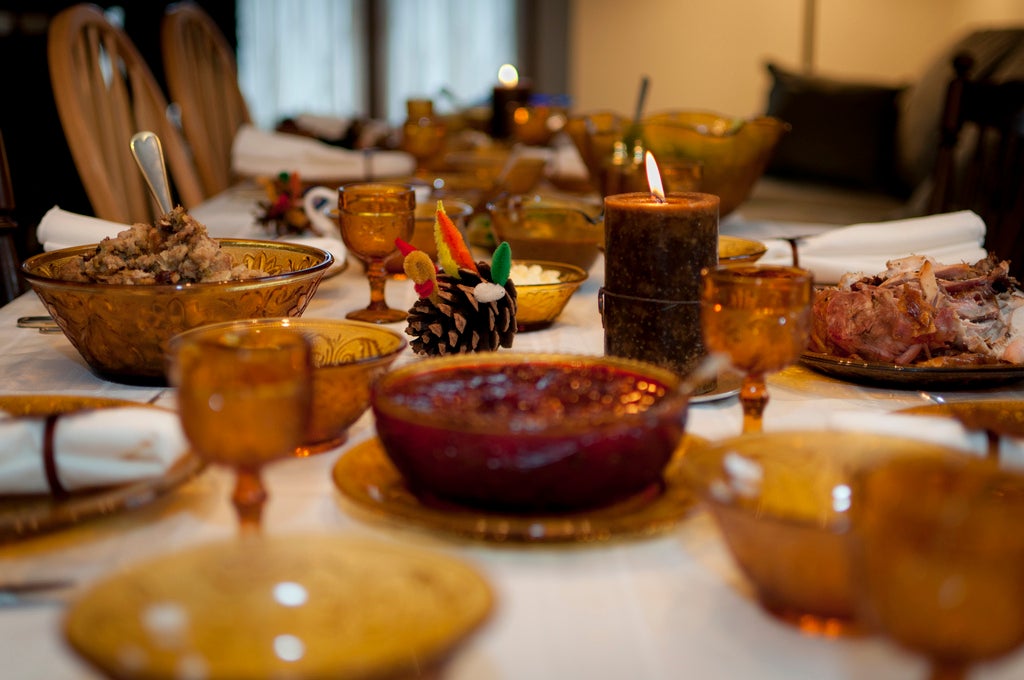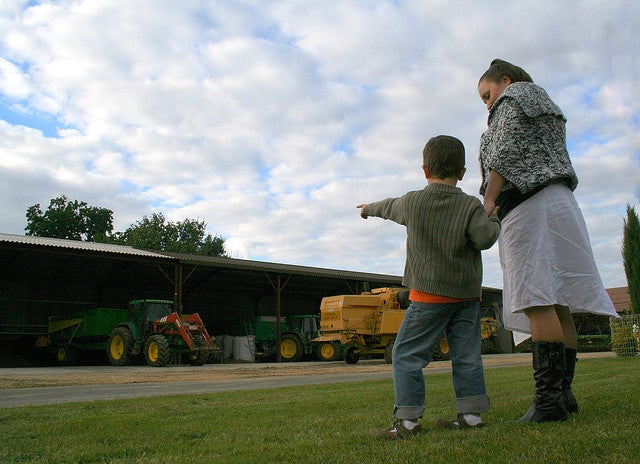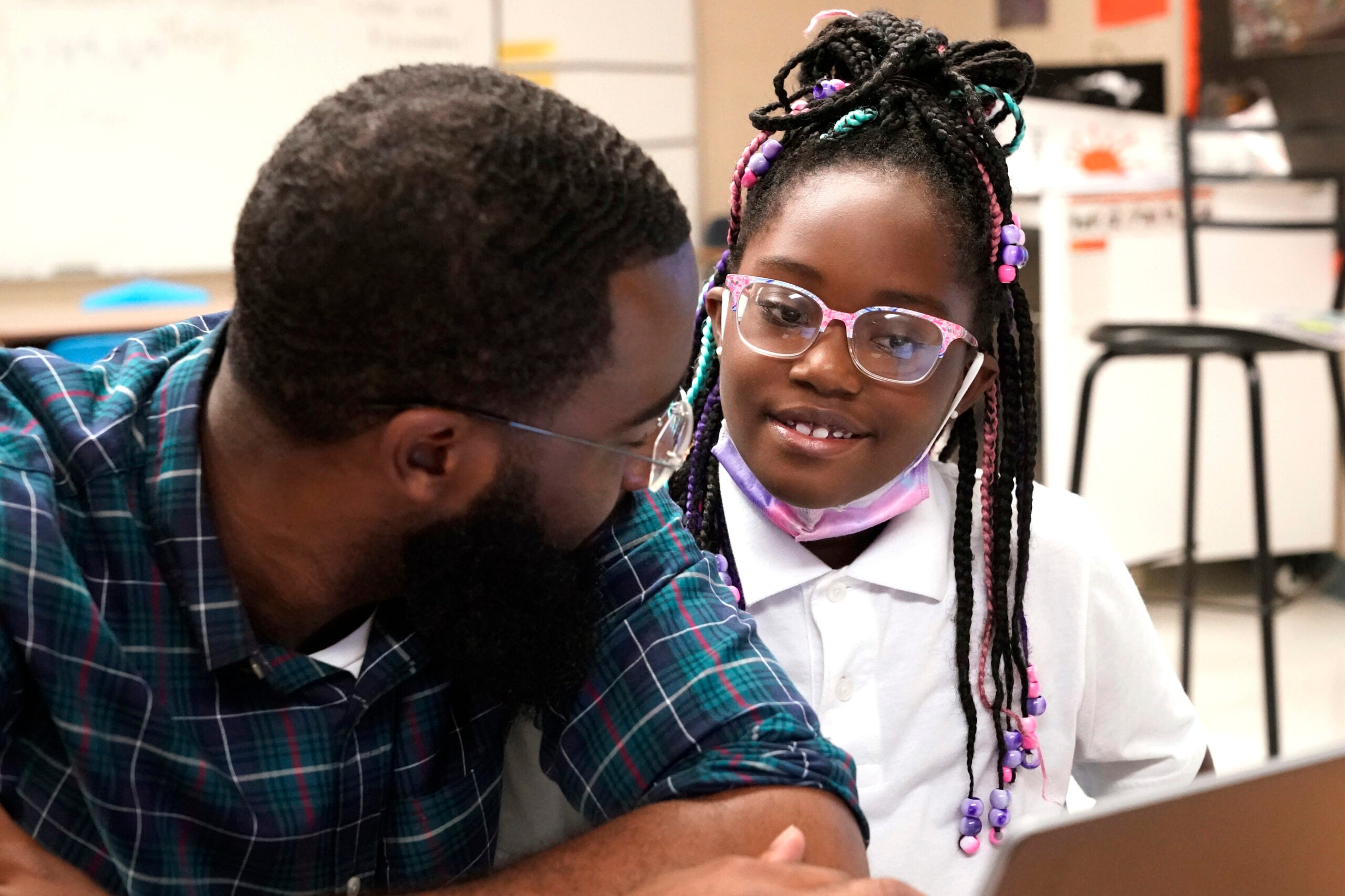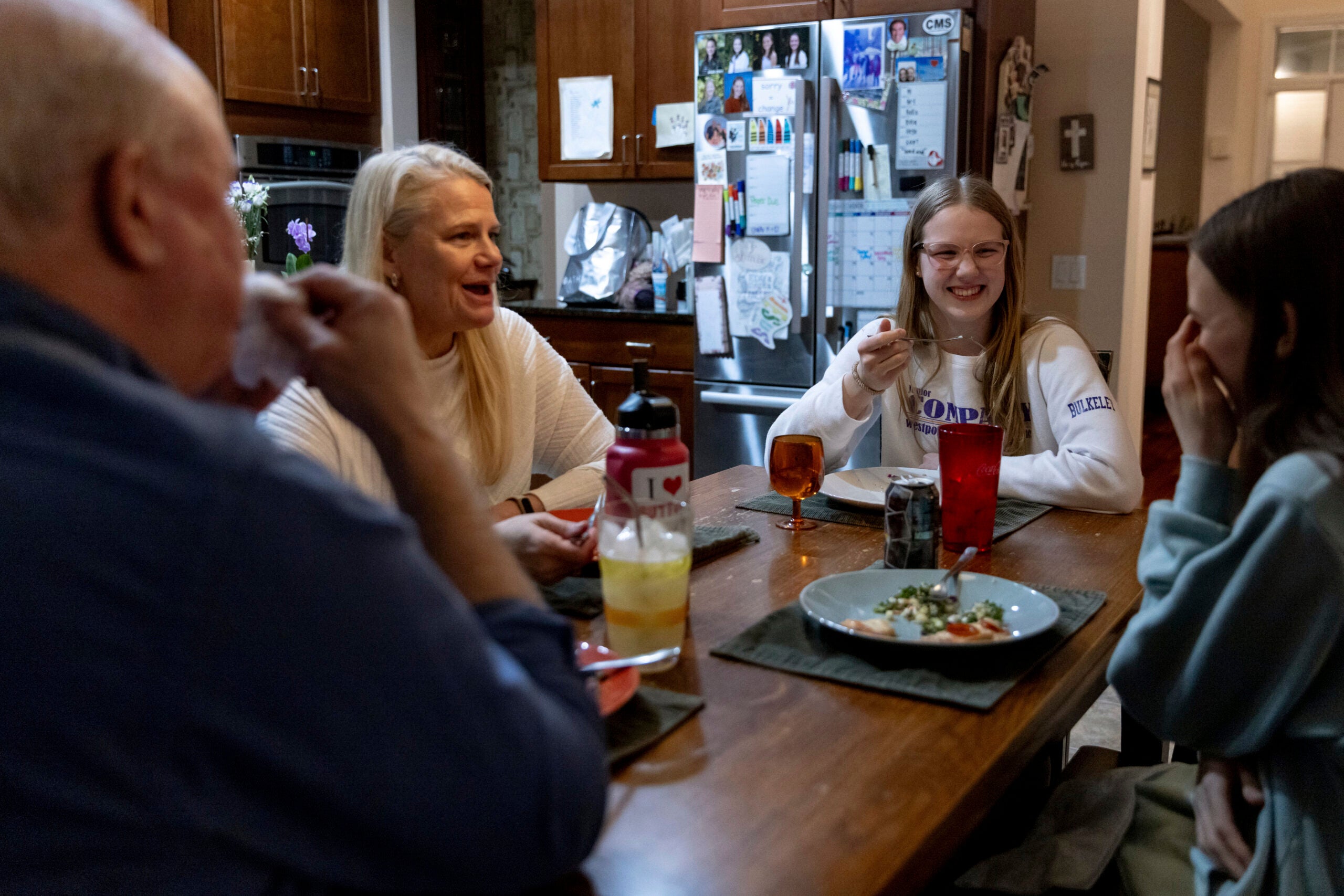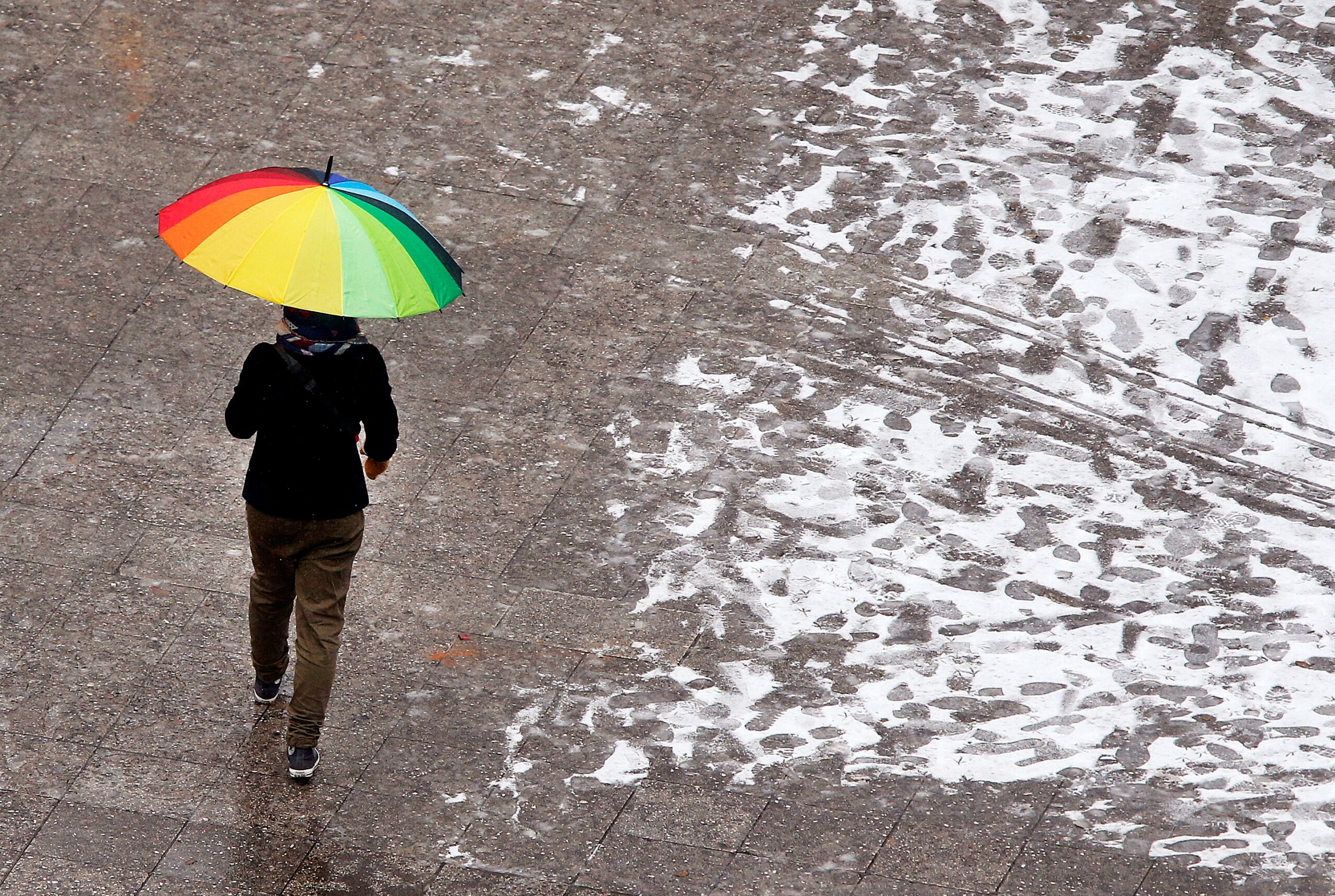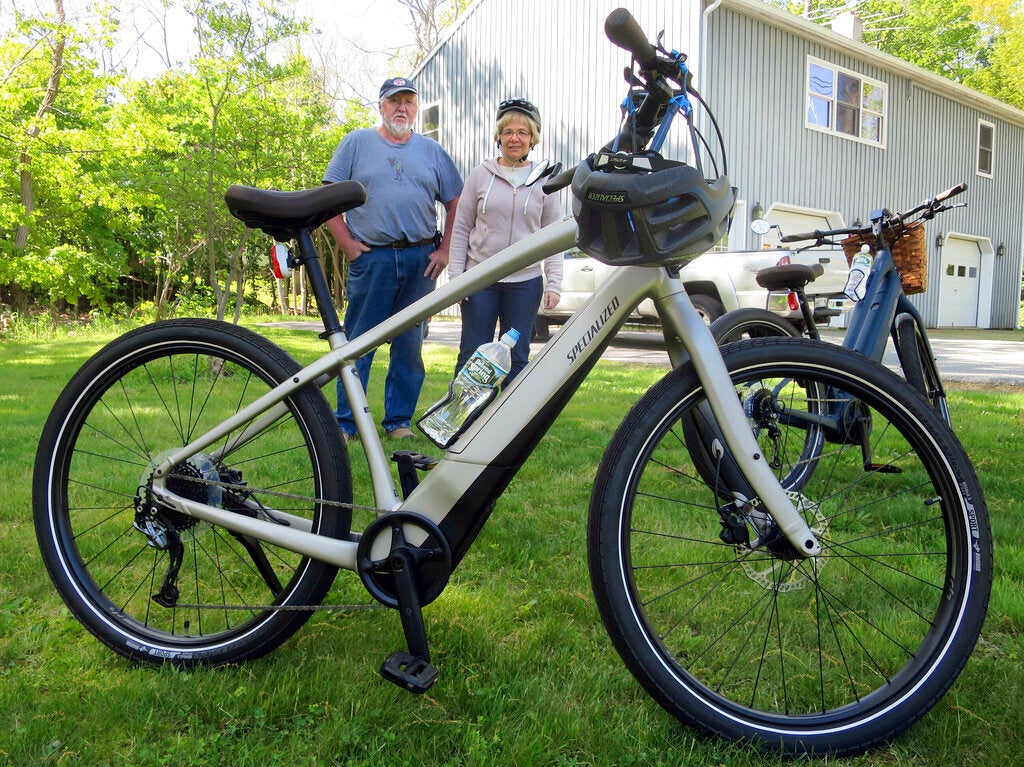Every year I get to write a Thanksgiving column. It’s actually one of my favorites, as I have a chance to sit down and think about what I’m thankful for.
In a world as tumultuous as ours — and, I ask you, has it ever not been tumultuous? — we often don’t take time to reflect on what we have. So please, kindly put down that phone, hit the off button and actually try to disconnect. I am being serious here; there is a “shutoff” button on every phone. You can do it if you try. Take a deep cleansing breath and read on.
OK, did you do that? If not, then you failed the first step in my Thanksgiving lesson, which is “electronic disconnection.”
Stay informed on the latest news
Sign up for WPR’s email newsletter.
I love my phone. I love to FaceTime with my kids who live far away. But when it comes to reflection, the first step on my Thanksgiving list is disconnecting.
For years I have worked with a Tibetan refugee hospital in India — with Dr. Tsetan, the Dalai Lama’s chief personal physician. I am blessed to be on the team that keeps His Holiness in the best health he can have. When Tsetan starts his daily rounds with the other doctors at his hospital, he starts with one minute of reflection. And the subject of that reflection is why are we here?
So do that now. Take a minute to reflect on that question. And when you’re done, come back.
I’m in my 70s. I might close my eyes and think I’m in my 50s or 30s, but when I look into the mirror I’m clearly in my 70s. This is the last chapter of my life. I hope it’s a long one, but it might just be a short story.
So my reflection boils down to the mantra that a wise Zen teacher gave me: when you’re trying to figure out where you are and what to do, meditate on what will serve.
Some of us serve the almighty dollar, chasing it hither and yon and gathering just as much stuff as we could possibly have. But I need not tell you that is not my way, and probably not the way of most of you, I think, although we all know of people who have followed that path.
I give thanks that I can still serve at all. I can help others, but I can do more to help others. Nearly all of us have that ability.
We are about to enter the season of plenty — lots of food to eat, all those presents to buy, friends and family to be thankful for during this time. I’m certainly thankful for all my wonderful children, grandchildren, my good friends, co-workers, etc. They are at the top of my list when I give thanks. But with that reflection in mind, what will serve becomes how can I do more?
A good friend of mine, and she knows who she is, says hope is not a plan. She’s right about that. And giving thanks is not a plan without concrete action on how to spread that thanks around.
Making up with relatives with whom you might have had words. Giving more financially. Volunteering for those less fortunate. These are the ways we truly can put our words of thanks into action.
Back in the 1960s I learned during one Thanksgiving at my Aunt Myrtle’s house that everyone at the table didn’t share my political perspective. I was shocked. Here I was, back from college, filled with knowledge of what was absolutely right and what was absolutely wrong and BINGO! I got into an argument. My mom was not happy with that. And my dad, who had the exact opposite view that I and my mom had, was even less happy.
I give thanks to my mom and dad for teaching me there is a time, believe it or not, to put down the gauntlet and give thanks we live in the United States, where free speech is allowed. My immigrant grandparents gave thanks for when they escaped Poland in the early 1900s. As a second generation immigrant, I give thanks to them for making the pilgrimage.
So, raise your glasses — be it with a Wisconsin craft beer, a glass of wine or sparkling water — and give thanks for being in America. It’s the Promised Land for my relatives, and it just might have been the Promised Land for yours, too.
Stay well.
Wisconsin Public Radio, © Copyright 2025, Board of Regents of the University of Wisconsin System and Wisconsin Educational Communications Board.
